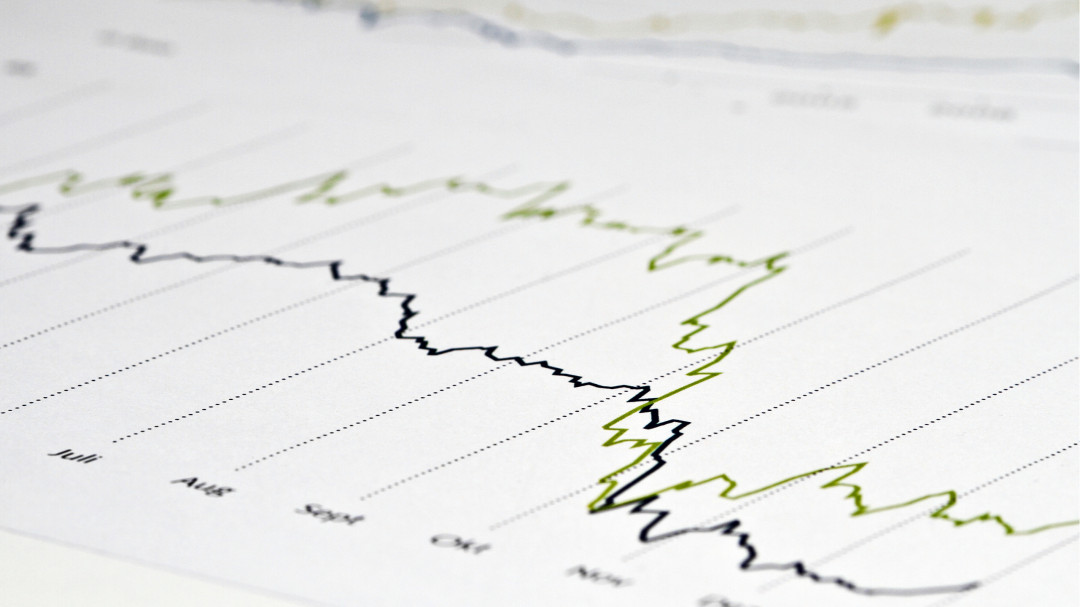
RWI expects Germany's gross domestic product (GDP) to grow by only 0.1 per cent on average this year. In June, the institute had predicted an average increase of 0.4 per cent for this year. For 2025, the RWI is forecasting economic growth of 0.9 per cent; in its June forecast, it had expected 1.5 per cent.
The lower forecasts for economic growth this year and next are based on the fact that aggregate demand has not yet picked up. Some framework conditions have improved noticeably, with inflation having eased and real disposable incomes having increased. Nevertheless, companies are still reluctant to invest. Private households have not yet increased their consumption despite higher real disposable incomes. In addition, German exports are showing little momentum. Their rate of expansion is currently lagging behind that of world trade. As a result, German companies are losing global market share.
The rate of price increases fell more sharply than expected to an estimated 1.9 per cent in August. It is likely to rise again slightly in the coming months. The inflation rate is therefore likely to average 2.3 per cent this year. For the next two years, RWI is forecasting an average inflation rate of 2 per cent in each year.
Despite the ongoing economic weakness, the German labour market remains quite robust. Over the course of the coming year, employment will probably reach its zenith despite falling unemployment and ultimately exceed it, as the number of people of working age will fall for demographic reasons. Unemployment is likely to decrease more sharply in 2025 and 2026. The unemployment rate is expected to fall from 6 per cent this year to 5.9 per cent next year and 5.7 per cent in 2026.
The public budget deficit is expected to fall to around 89 billion euros in 2024. Government revenues are rising sharply, with both tax revenues and social security contributions growing. At the same time, government spending is falling, partly due to the elimination of ‘price brakes’. In 2025, the financing deficit is expected to fall further to 68 billion euros and in 2026 to 62 billion euros.
There are various risks for the economic development of the German economy. On the one hand, it could slide back into recession from the now unusually long stagnation phase. Private households could hold back even more on purchases due to the increasing job risk, meaning that private consumption will continue to fail to recover. Furthermore, there is a significant risk that the uncertainty regarding economic policy measures in Germany will remain high. If major political reform projects aimed at revitalising growth forces are postponed until after the parliamentary elections next year, this is likely to contribute to domestic companies continuing to hold back on investments or increasingly investing abroad. The weakness of German exports could also persist, thereby weakening their economic impetus.
For the global economy, risks continue to arise from geopolitical tensions, for example in Ukraine, the Middle East and around Taiwan. There are also risks with regard to global trade conflicts and with regard to the future direction of US policy after the presidential elections there.
Commenting on the outlook for the German economy, RWI head of economics Torsten Schmidt says: ‘For the German economy to escape from its stagnation, above all, secure investment conditions for companies and a recovery in private consumption are needed.’

